 Free
Free

What You Get
- 1.5 hours of instruction
- Downloadable resources to extend the lessons and apply the strategies
- Certificate of Completion
Choose your account type
Smart Guess
We assume students can figure out what they should be doing and, often, how they should do it. Social problem solving requires making educated guesses, or smart guesses, about what to do. In this webinar, join Social Thinking founder Michelle Garcia Winner for strategies to help navigate social situations by making smart guesses.
After watching this webinar, infuse your teaching with the concept over the next month to help your students understand it deeply and meaningfully (avoid memorization). Then, tune in to the next webinar to learn how to build on this concept with best practices for teaching flexible and stuck thinking!
The 10 Concepts Webinar Series
This webinar is part of a series that shares best practices for teaching 10 core concepts from the Social Thinking Methodology. Strengthen your students’ social-emotional learning by infusing your teaching with these concepts over the course of the school year. Each concept should be taught slowly for one month or longer—it takes time for students to deeply understand the ideas and begin using them in their lives. We recommend learning about (and teaching) the concepts in order as they build on one another. View all the webinars in the 10 Concepts series within our larger webinar library.
Tell us something good!
What People are Saying
Related Online Courses
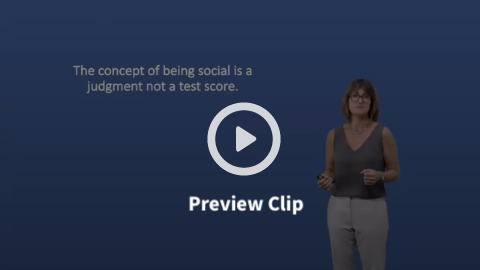
Part 1: Social Thinking Informal Dynamic Assessment Tasks
Instructor: Michelle Garcia Winner
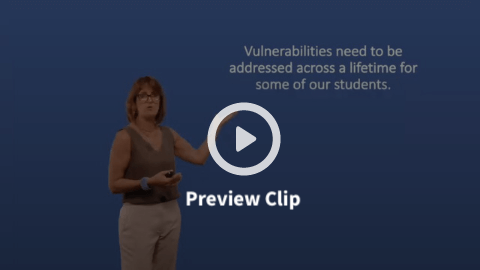
Part 2: Social Thinking Informal Dynamic Assessment Tasks
Instructor: Michelle Garcia Winner
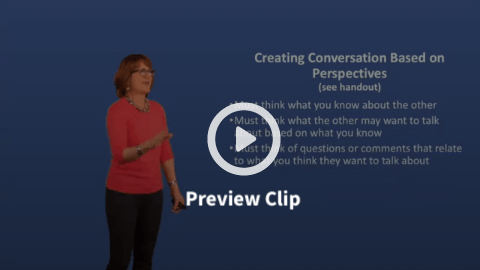







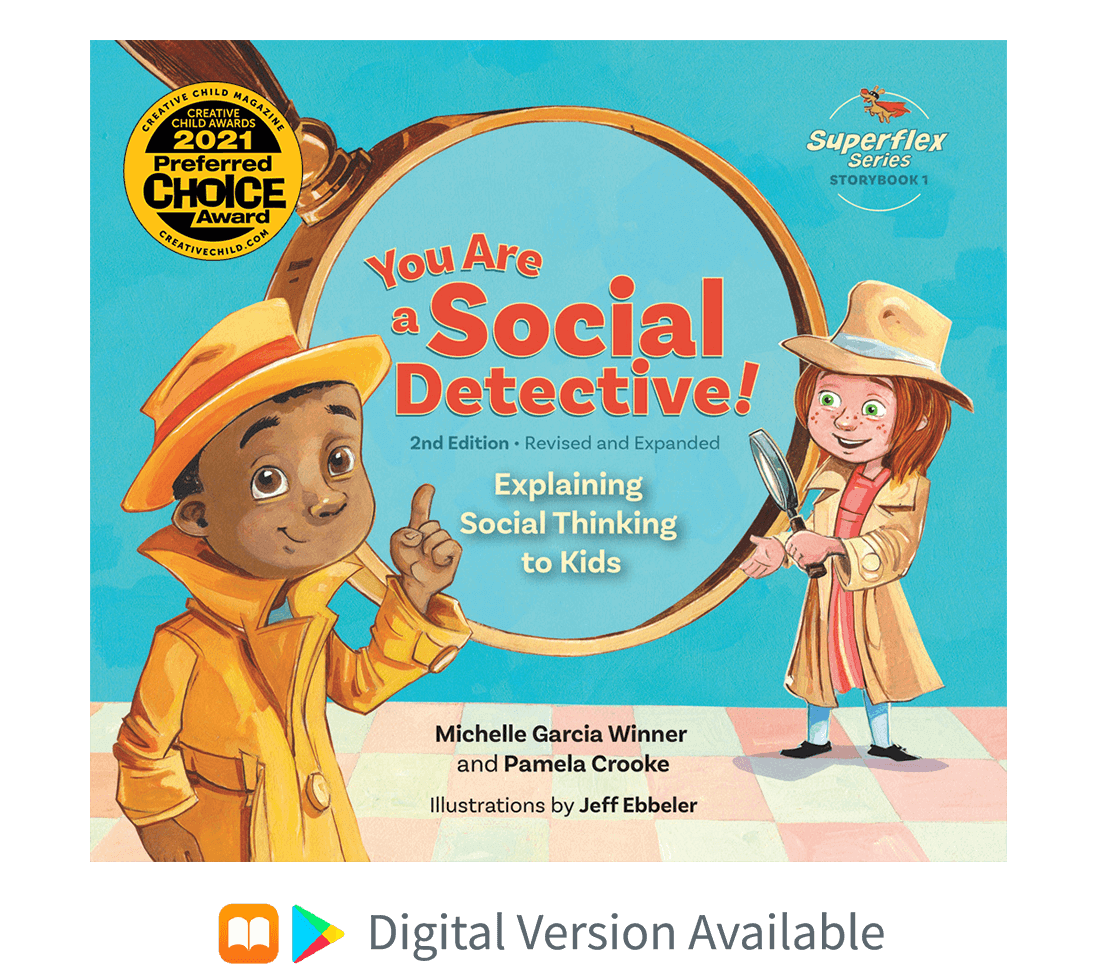
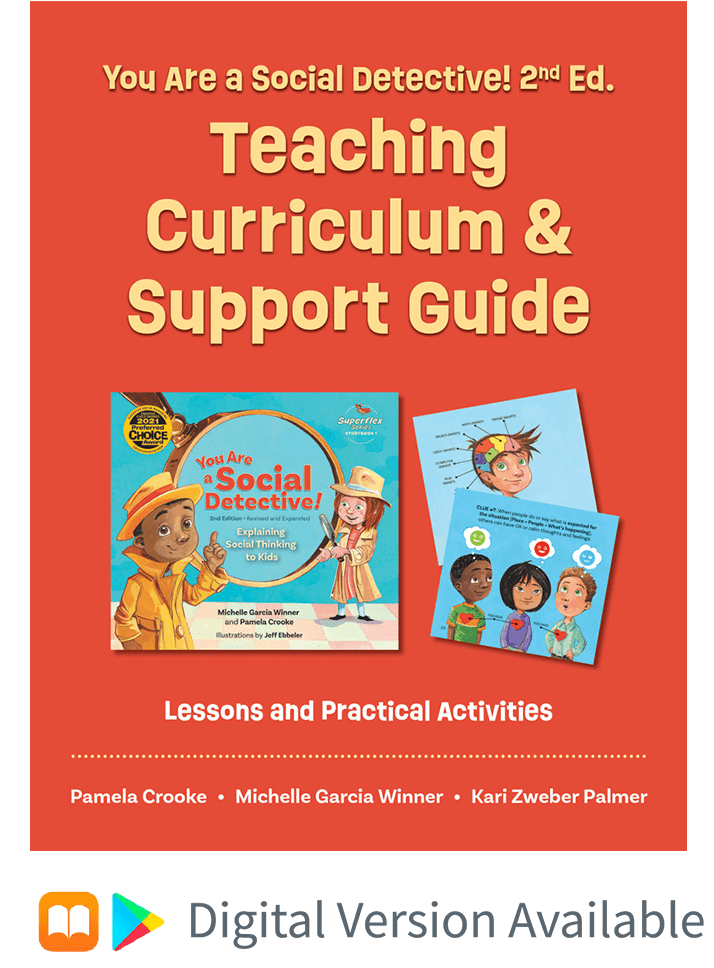
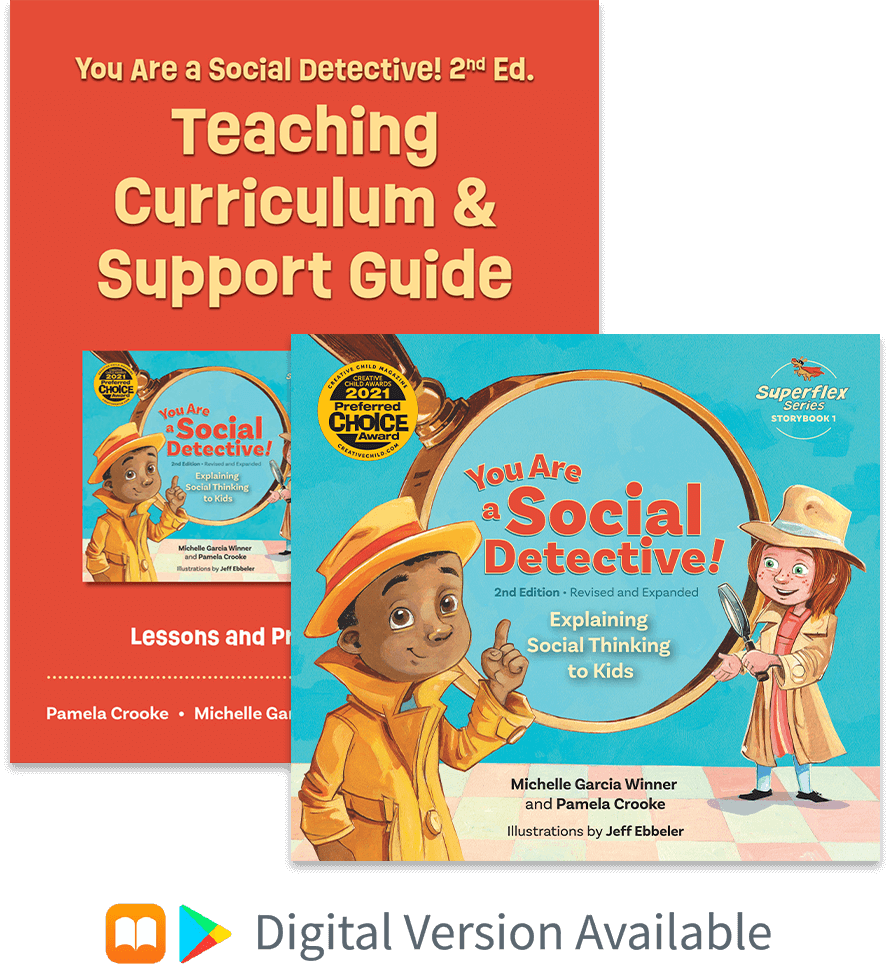
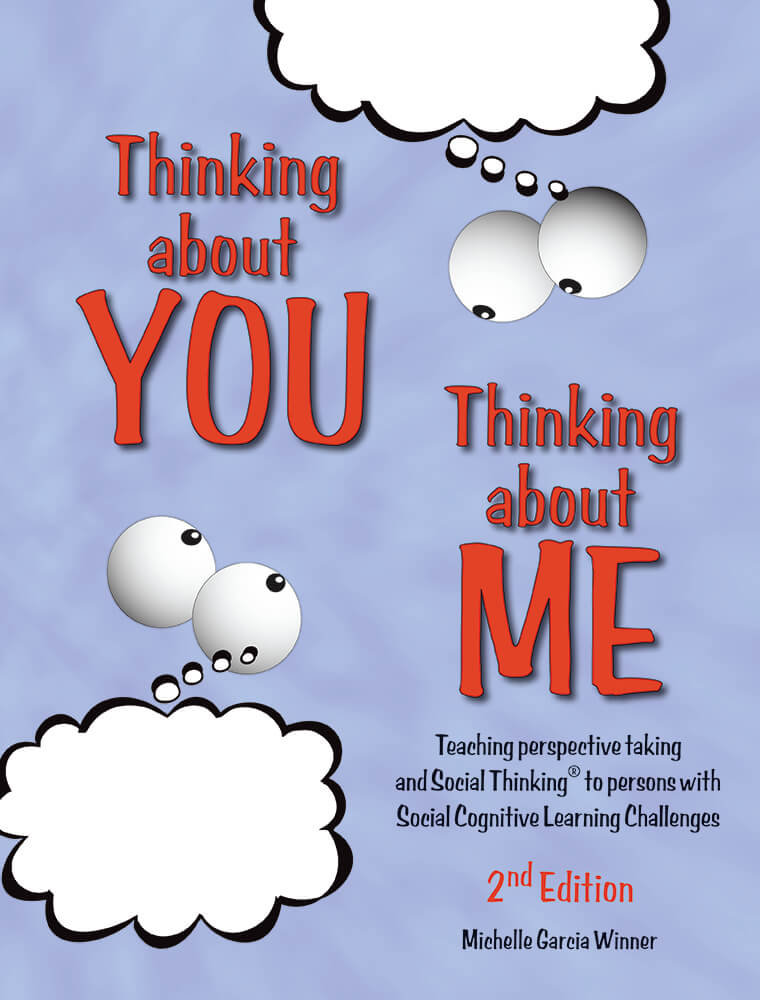
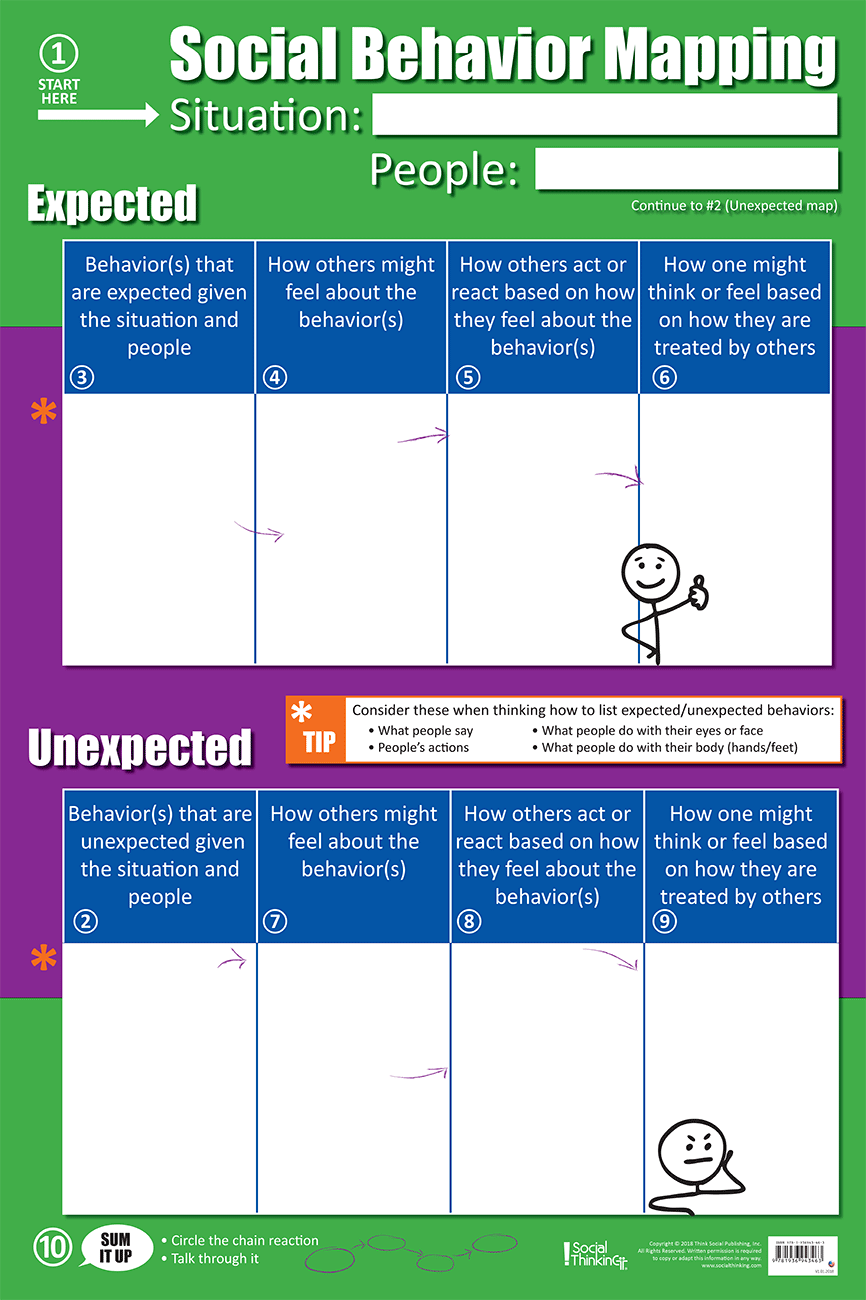
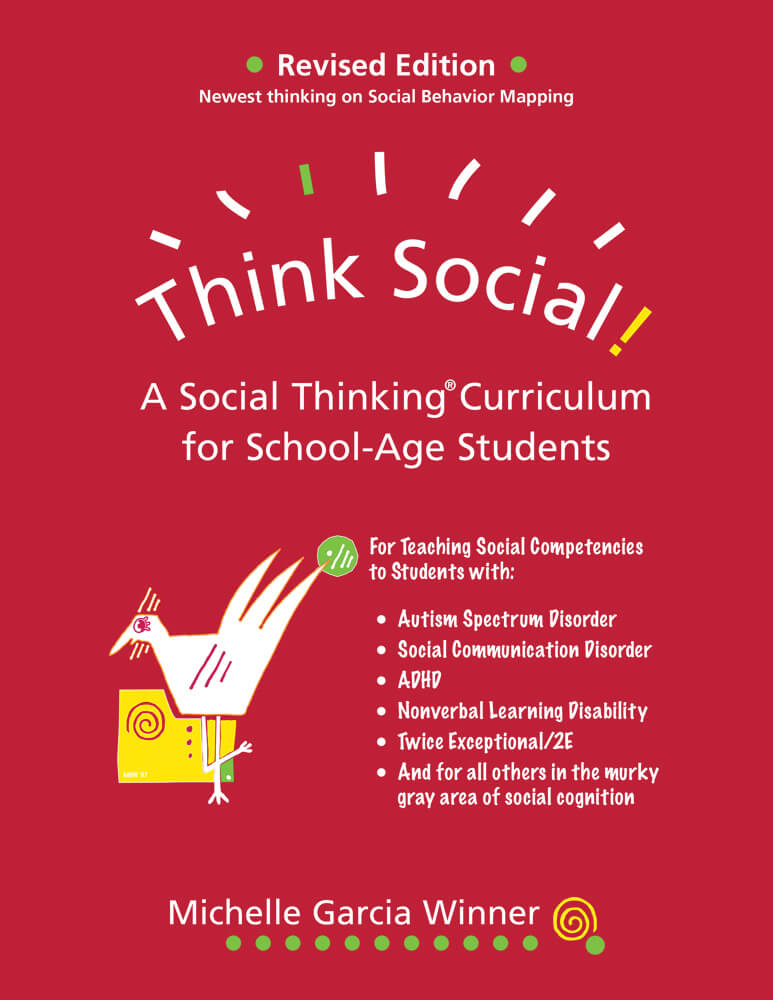
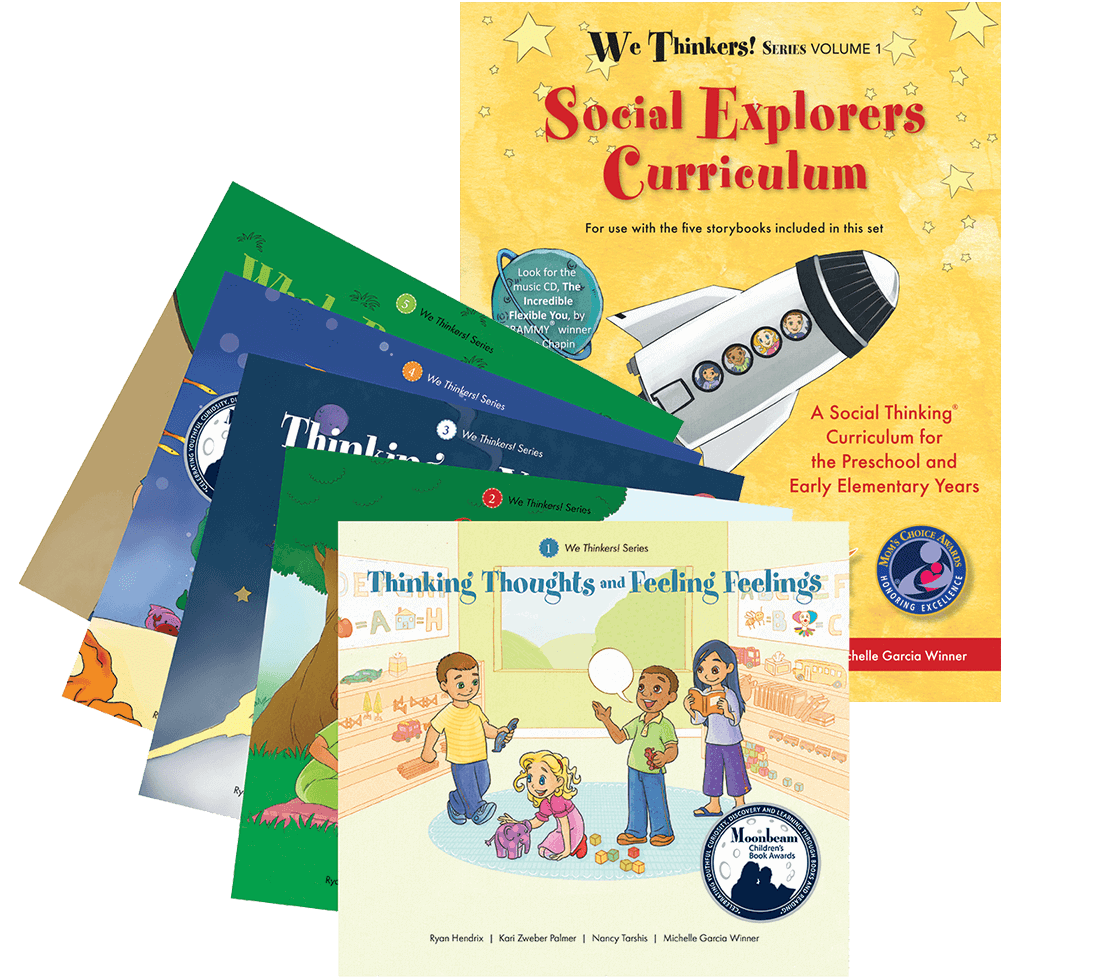
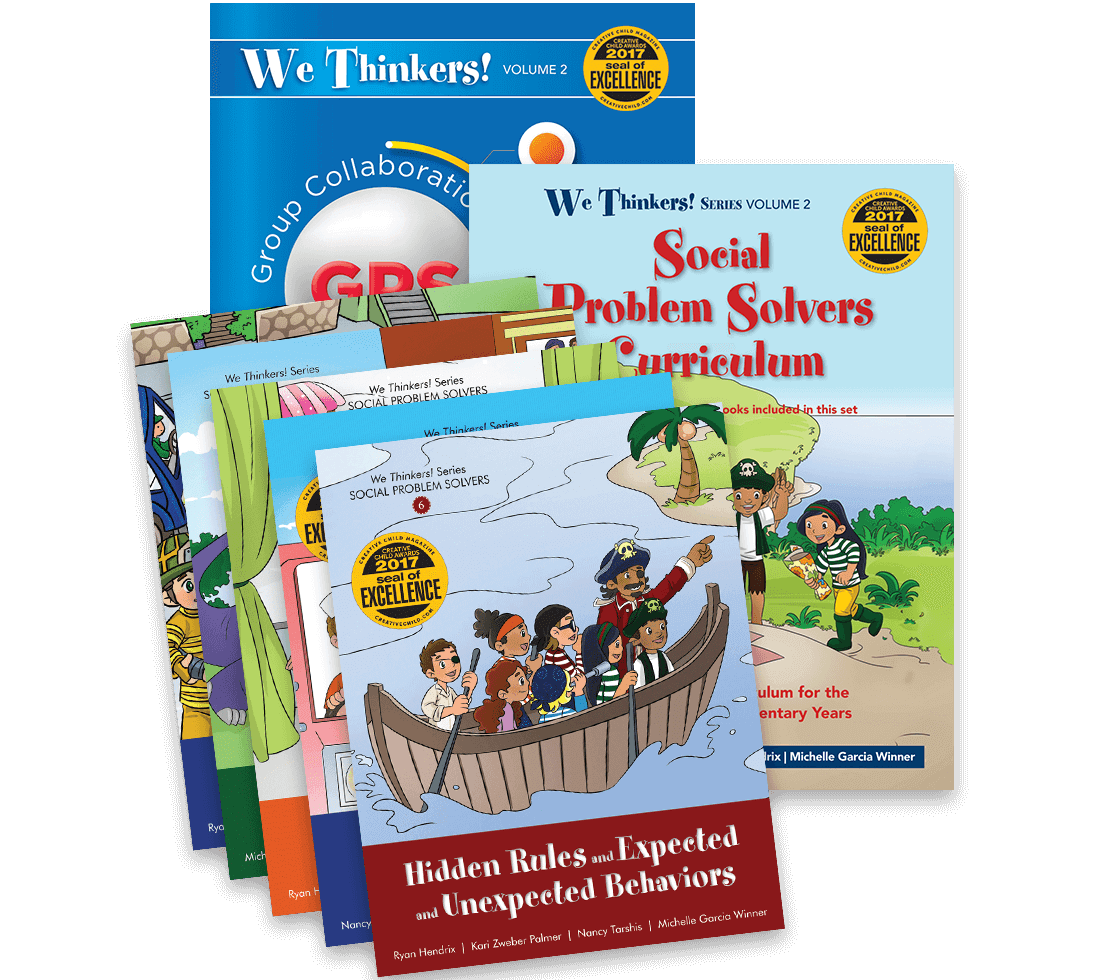
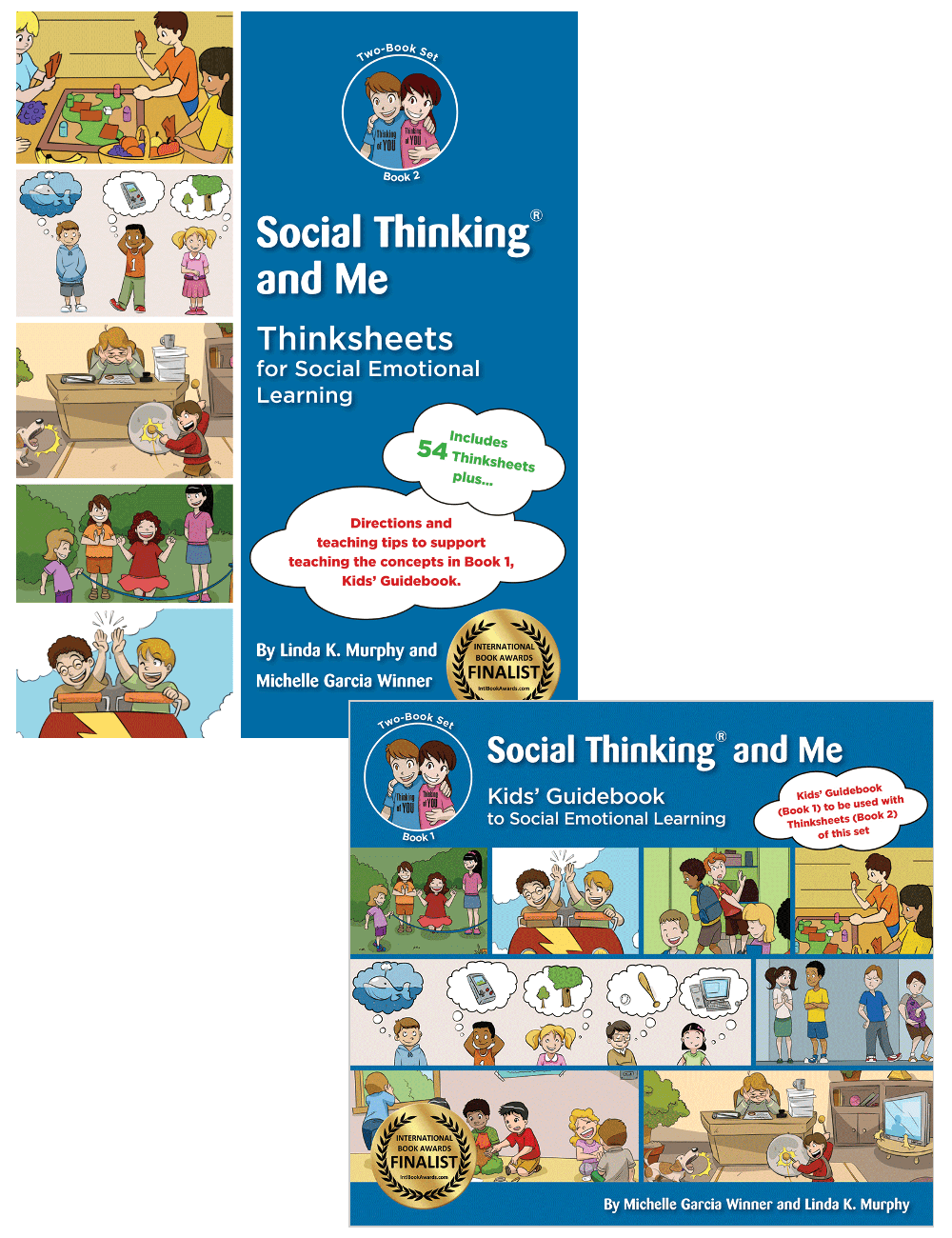
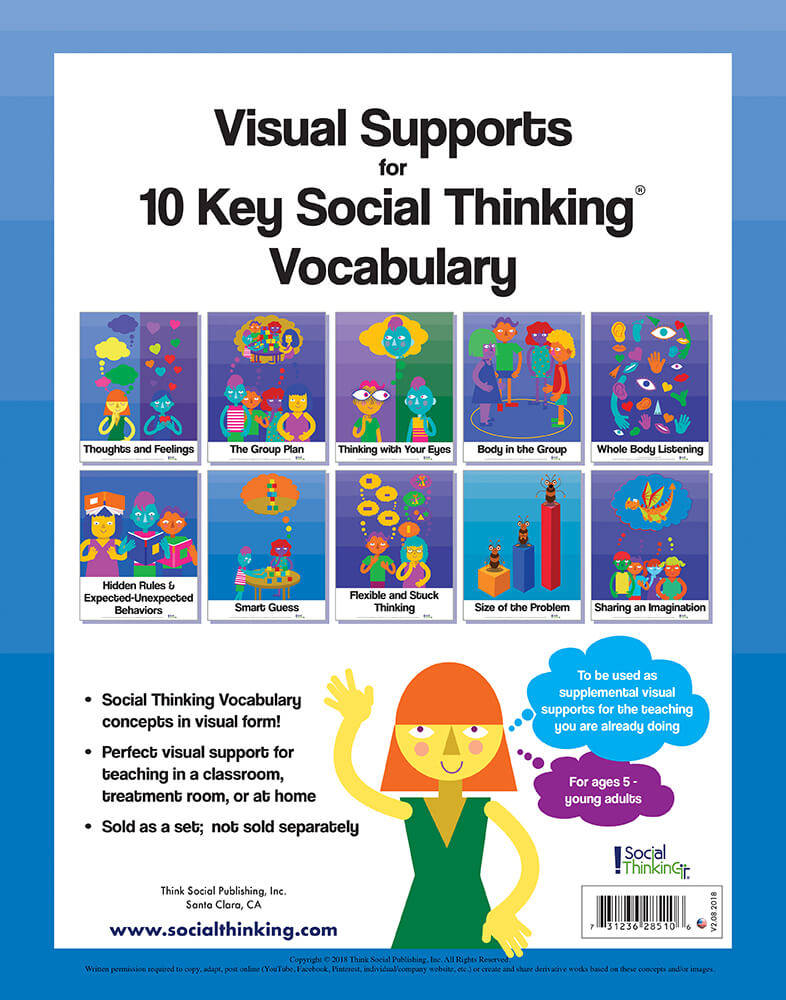

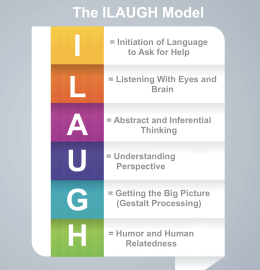
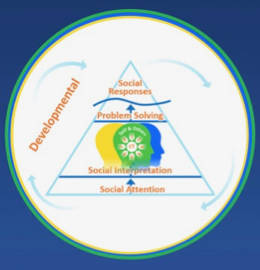
Tell us something good!
There was a problem adding this comment. Plaease try later.
Please log in